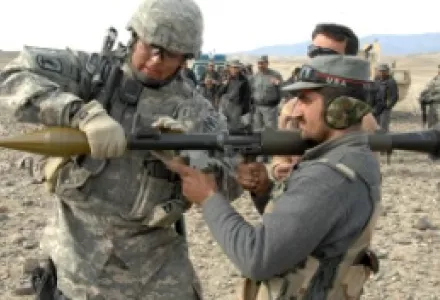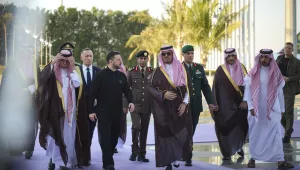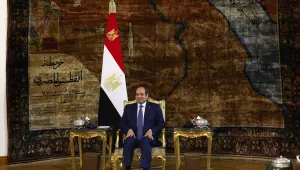Spoiling Police Reform: Nationalism, Informal Networks, and International Authority
When and how can the international community build democratic police forces in war-torn countries? Police reform efforts are often premised on the theory that international authority and resources can defeat domestic obstruction. However, by analyzing police reforms in Bosnia and Herzegovina and Kosovo, where international leverage was greatest, the speaker finds that nationalism and informal economic networks motivate and enable domestic actors to block reform in predictable ways. The presentation offers implications for police reform and state building in diverse war-torn societies, including urging the international community to avoid reform goals that threaten the core interests of domestic actors.
Please join us! Coffee and tea provided. Everyone is welcome, but admittance will be on a first come–first served basis.



